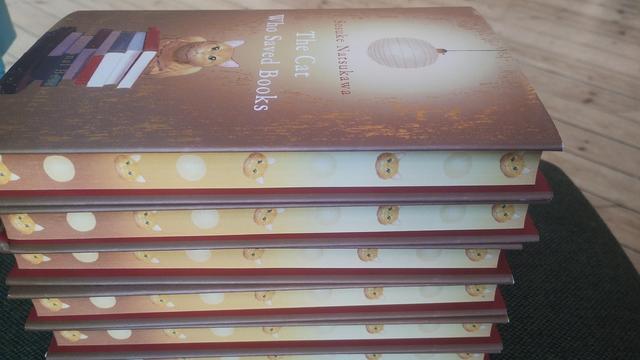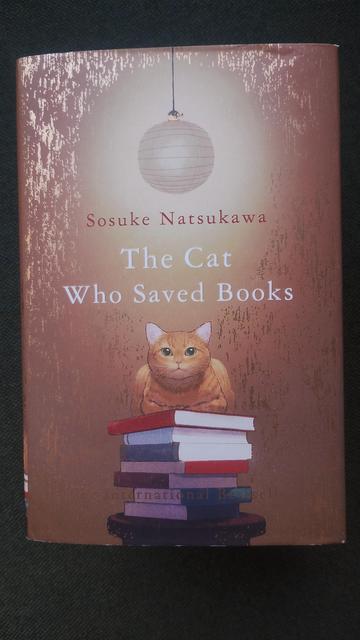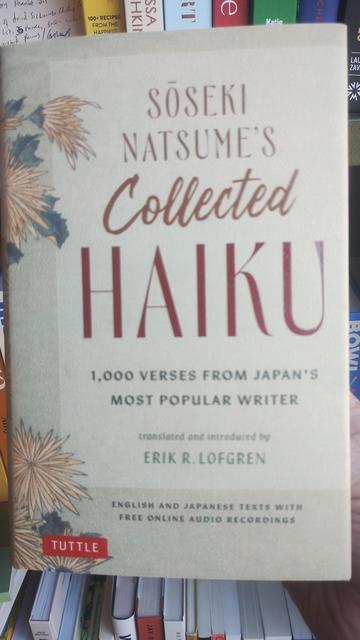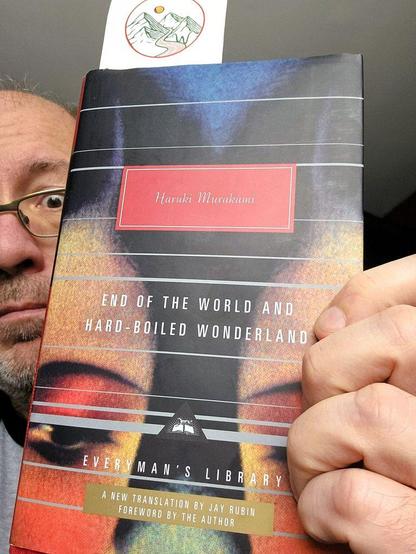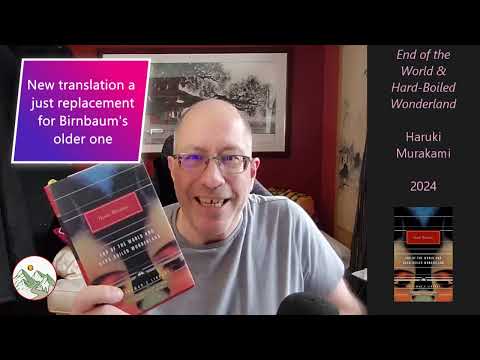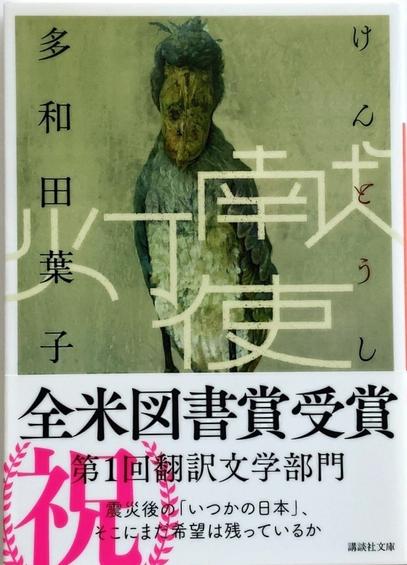I have finally worked my way through The Emissary (UK title The Last Children of Tokyo), in Japanese 献灯使 _kentoushi_, which is a combination of kentou (votive lantern) and shi, envoy; the word as such does not exist but is a homonym of 遣唐使, "envoy to T'ang China".
I really struggled with this book. I think Yoko Tawada is a very accomplished writer, and some parts of the novel are very poetic, and others genuinely funny. But on the whole I did not enjoy reading it. For many of the scenes described I got rather impatient when reading them, as I found them over long for their purpose. I also did not like it that many threads were were started but then not followed up at all. What is interesting about the novel is the world it pictures. A very polluted world, in unspecific ways. But the novel was published in 2014 so it is not far-fetched to assume that part of the inspiration came from the Fukushima disaster. And having Japan as a closed-off country is quite plausible as well.
It requires a huge suspension of disbelief to accept that hundred-year-old people are as fit as current twenty-year-olds and stay like that virtually forever. It's much easier to accept that the children are weak, in very poor health and for the most part disabled. What I liked in particular is the optimism of the protagonist Mumei, who is such a child. Mumei's health is getting worse and worse throughout the novel and yet he does never lose heart. He even consoles his great-grandfather Yoshiro who looks after him.
Although I do like the final scene, because I like the description of the beach and the sea and I like it that Mumei and Suiren meet again, I did not like the ending.
The justification of the title _kentoushi_ also feels a bit forced to me: the members of the secret _kentoushi_ society (献灯使の会) light a stubby candle first thing in the morning to chase away the darkness, and that is a bit like burning a votive candle. The link with 遣唐使, "envoy to T'ang China" is explicitly made: Yoshiro has once written a book with that title.
It's certainly not a bad book, just not an easy read. I'm sure scenes from the story will keep popping up in my head for a while.
#reading #novel #haveread #JapaneseLiterature
